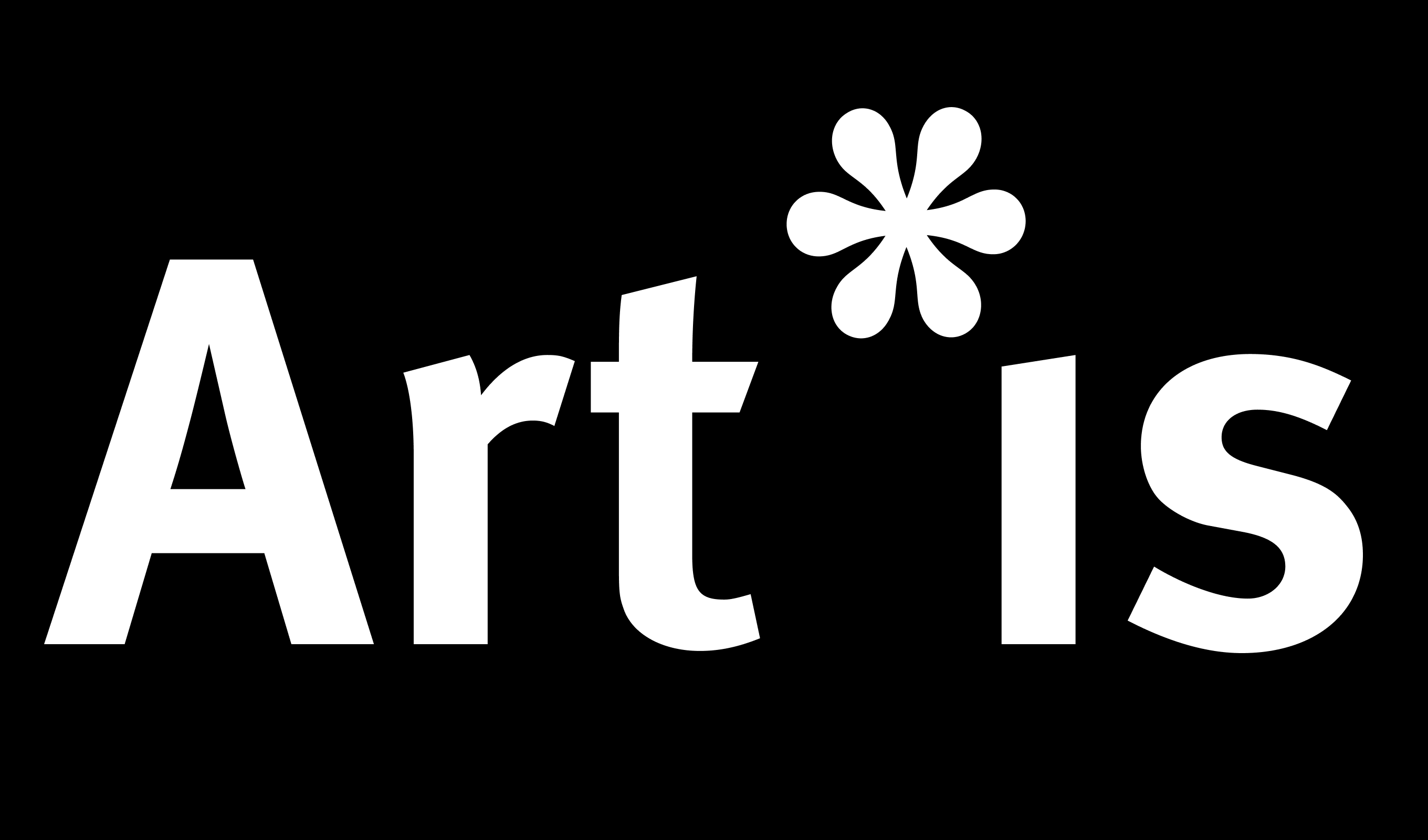“A work of art is good just in case it embodies and/or advances understanding.”
—Catherine Z. Elgin
ARTIS and the Association of Neuroesthetics Berlin (AoN_Platform for Art and Neuroscience) invite to the 1st AoN Working Table on Aesthetic Cognitivism on the occasion of the 59th Venice Biennale of Art, Serra dei Giardini, Venice, November 24th, 2022, 11:30am-1:30pm

The Association of Neuroesthetics Berlin (AoN_Platform for Art and Neuroscience) will hold its 1st AoN Venice Working Table on the topic of Aesthetic Cognitivism in collaboration with the EU H2020 project ARTIS (Art and Research on Transformations of Individuals and Societies; Humboldt-Universität zu Berlin/University of Vienna).
In an open format, philosophers, psychologists, and neuroscientists will discuss the transformative In an open format, philosophers, psychologists, and neuroscientists will discuss the transformative power of art. The epistemic gain that can be achieved through the arts has always been central to the field of aesthetics (Baumgarten 1750/58) and neuroesthetics alike (Zeki 1998, 1999). For this event, we aim to critically assess the value of empirical approaches to the arts. Each discussant will give a 5-10 minute input on a research question or topic they find pressing. This Working Table will be accompanied by a more artistic format in 2023 that will highlight artistic and curatorial perspectives on the topic.
The event is public and open for everybody. No sign-up is needed. For questions, please contact contact@association-of-neuroesthetics.org
The Working Table is funded by the H2020 ARTIS project.
ORGANIZERS Corinna Kühnapfel (ARTIS); Joerg Fingerhut (ARTIS; Scientific Director of the AoN_Association_of_Neuroesthetics)
VENUE Serra dei Giardini Viale Giuseppe Garibaldi, Venice, Italy See Map
DISCUSSANTS Matthew Pelowski, Joerg Fingerhut, Corinna Kühnapfel, Inês Hipólito, Roberta Dreon, Theresa Demmer (more tba)
PROGRAMME Each discussant will present a central idea regarding the study of the transformative potential of art or the novel epistemic access artworks provide. This can be followed by a question posed to empirical aesthetics/neuroesthetics that addresses the potential and the limitations of empirical methods in the arts.
11.30
Joerg Fingerhut (Institute of Philosophy/Berlin School of Mind and Brain, Humboldt-Universität zu Berlin): Introduction to the AoN Venice Working Table; “Art as Remediation: Neuromediality and Neuroesthetics”
Roberta Dreon (Department of Philosophy and Cultural Heritage, Ca’ Foscari University of Venice): “A Culture-Naturalist Perspective on Esthetics”
Corinna Kühnapfel (Department of Cognition, Emotion and Methods, University of Vienna): “The Value of Embodied and Enactive Accounts for Studying and Understanding Art Experience”
Coffee Break & Refreshments
12.45
Theresa Demmer (Department of Cognition, Emotion and Methods; University of Vienna): “What is the value of art by artificial intelligence? Do we differently engage with art by humans vs. non-humans?”
Inês Hipólito (Institute of Philosophy/Berlin School of Mind and Brain; Humboldt-Universität zu Berlin) AI, Predictive Processing and the Arts
Matthew Pelowski (Vienna Cognitive Science Hub/Department of Cognition, Emotion and Methods; University of Vienna): ”Tracking transformation, pleasure, and the societal implications of art—some empirical findings from the ARTIS project”
Optional joint visit of the 59th Venice Art Biennale: Giardini (15-18)
REFERENCES
Baumgarten, A. G. (1750). Aesthetica. impens. Ioannis Christiani Kleyb.
Elgin, C. Z. (2020). Understanding Understanding Art. In Vincent Granata & Roger Pouivet (Eds.), Épistémologie de l’Esthétique—Pespectives et débats (pp. 139–150). Presses Universitaire de Rennes.
Zeki, S. (1998). Art and the brain. Journal of Consciousness Studies, 6(6-7), 76–96.
Zeki, S. (1999). Inner vision: An exploration of art and the brain. Oxford University Press.
